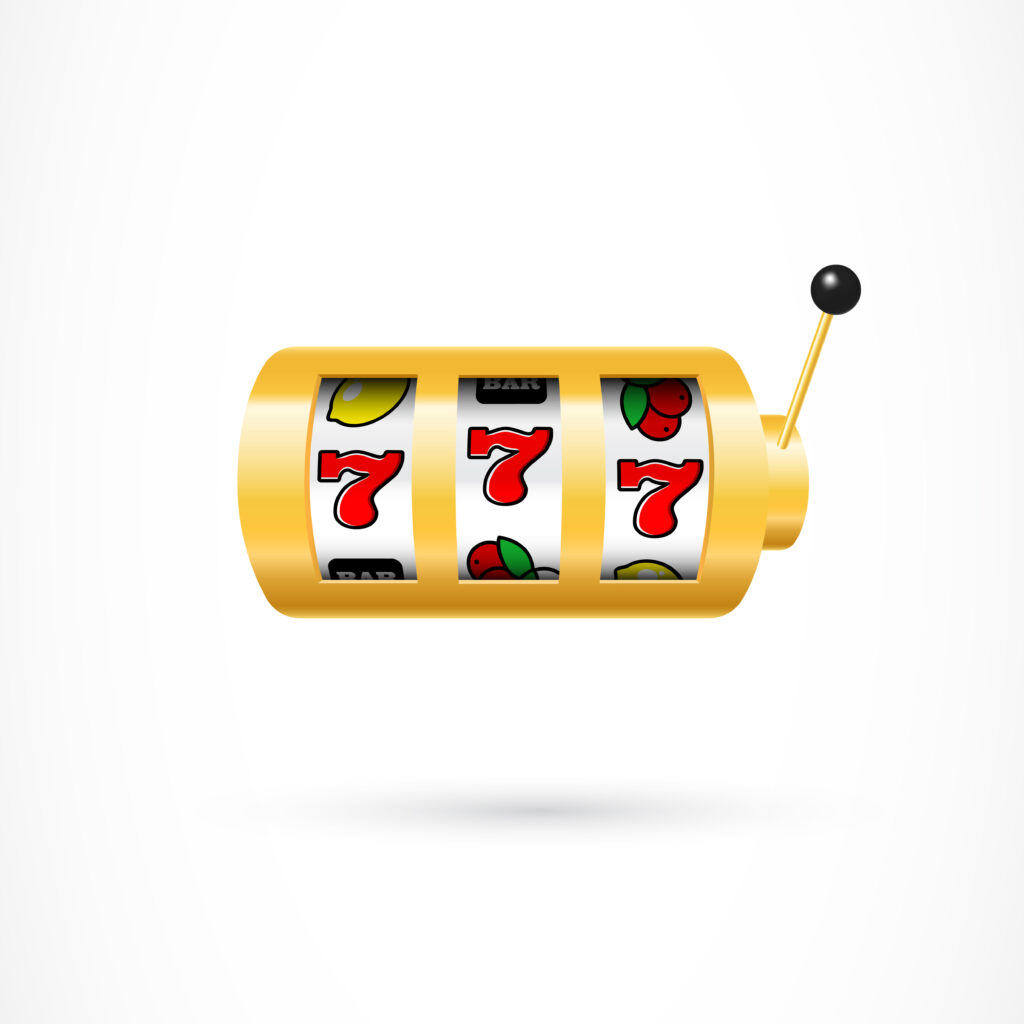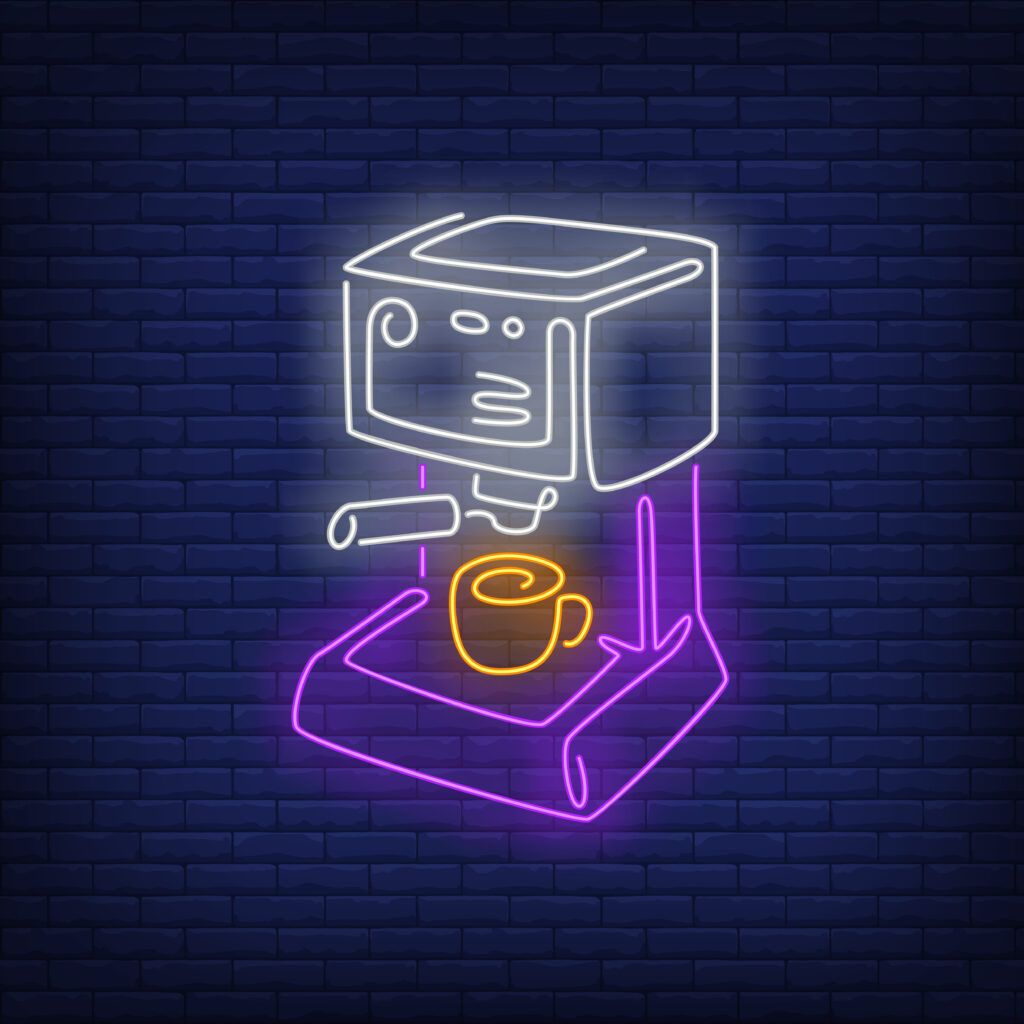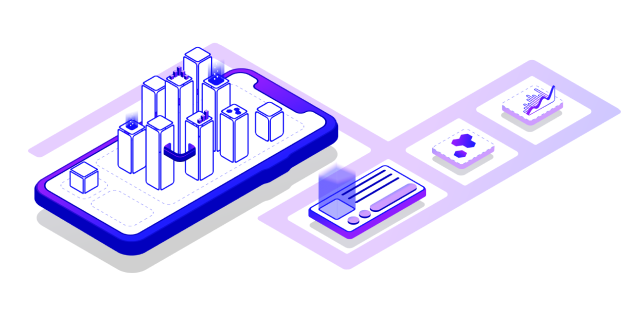Smart contracts have emerged as a groundbreaking technology that has the potential to revolutionize the way we conduct business and interact with digital assets. In this article, I will provide a comprehensive overview of smart contracts, explain how they work on the blockchain, explore their various use cases, discuss popular blockchain platforms that support smart contracts, identify industries that can benefit from this technology, and finally, delve into the future prospects of smart contracts on the blockchain.
Similarities to Online Slot Machines

If you have ever played on an online slot machine or have seen one in action, you’re probably quite familiar with the premise of how it works. When you wager some money and press the button to play, the outcome of the images that appear on the screen determines whether you win or lose. If the outcome is in your favor, you will be paid out your winnings right after. This process happens automatically, and depending on the outcome, rewards are paid out automatically as well.

To understand smart contracts, it is crucial to first grasp the concept of blockchain technology. At its core, a blockchain is a decentralized and immutable digital ledger that records transactions across multiple computers, ensuring transparency, security, and trust. Unlike traditional centralized systems, where a single authority controls the ledger, blockchain distributes the ledger across a network of computers, known as nodes. Each transaction is grouped into a block and added to the chain in a chronologically linked manner, creating an unalterable record of all transactions.
Smart contracts are an integral part of the blockchain technology, designed to execute predefined actions without the need for intermediaries. They are essentially self-executing contracts with terms encoded in lines of code. When a condition specified in the code of a smart contract is met, the contract is automatically executed. For instance, in a real estate transaction, the smart contract would automatically transfer ownership of the property to the buyer once the payment is received. This eliminates the need for a middleman, streamlining the process and reducing costs.
In simple terms, smart contracts are like digital agreements that are programmed to perform specific actions when certain conditions are met. They function as self-operating computer programs that run on the blockchain, ensuring that transactions and agreements are executed exactly as intended, without the involvement of any third party.

In summary, smart contracts play a crucial role in automating processes, ensuring security, and maintaining trust within blockchain-based transactions and agreements.
If you want to learn more about leveraging smart contracts for your business, we at ND Labs, a WEB3 development company, have the right team and expertise to help you navigate this revolutionary technology. Contact us to explore the endless possibilities of smart contracts on the blockchain.

Smart contracts have a wide range of applications across various industries. In supply chain management, smart contracts can automate and track the movement of goods from suppliers to consumers, ensuring transparency and reducing fraud. In the insurance industry, smart contracts can automatically process claims based on predefined conditions, eliminating the need for manual intervention and reducing the risk of fraudulent claims.
Additionally, smart contracts have the potential to revolutionize the financial sector. They can facilitate the creation of decentralized financial instruments, such as decentralized lending platforms and peer-to-peer insurance services. Smart contracts can also be used for digital identity management, voting systems, and decentralized autonomous organizations (DAOs).
Here are some examples of how smart contracts are being utilized in different sectors:
These examples illustrate the diverse applications of smart contracts across different industries, demonstrating their potential to revolutionize traditional processes by automating workflows, enhancing security, and reducing fraudulent activities.
Here are some real-life examples that illustrate the potential of smart contract technology:
These examples represent just a fraction of the potential applications of smart contract technology. The opportunities for smart contract implementation are vast and extend beyond agriculture and employment scenarios. Smart contracts are increasingly making their way into the mainstream and can be incorporated into a broad variety of different areas, showcasing their potential to revolutionize traditional processes and streamline operations.

The future of smart contracts on the blockchain looks promising. As blockchain technology continues to evolve and gain widespread adoption, smart contracts will become an integral part of various industries. The potential for automation, transparency, and efficiency that smart contracts offer is unmatched by traditional systems.
Furthermore, advancements in blockchain scalability and interoperability will enable smart contracts to handle a larger volume of transactions and interact seamlessly with other blockchain networks.
Conclusion
In conclusion, smart contracts are revolutionizing various industries by leveraging the transparency, security, and decentralization of blockchain technology. The elimination of intermediaries and automation of agreement execution offer significant benefits in terms of efficiency, cost reduction, and trust. As blockchain technology continues to mature, smart contracts will become an indispensable tool for businesses and individuals.
